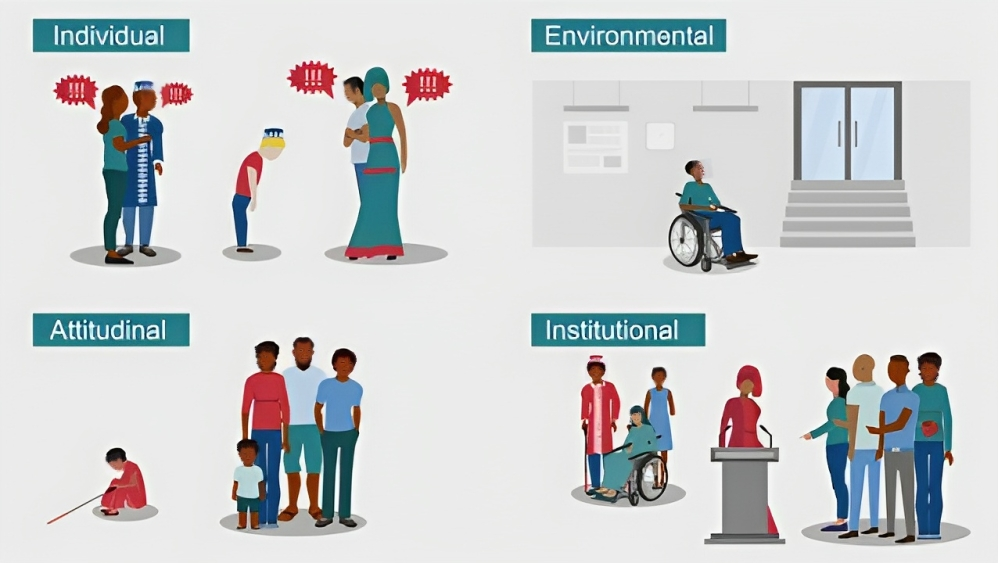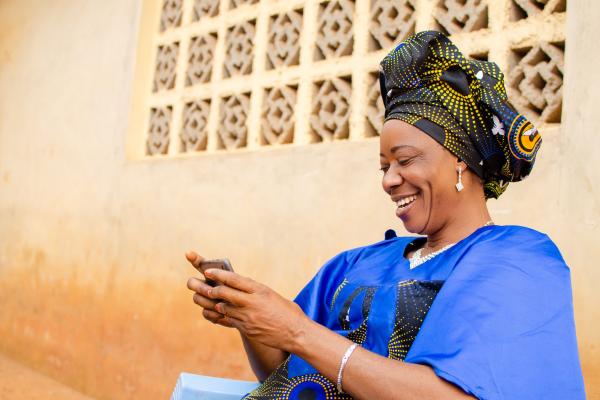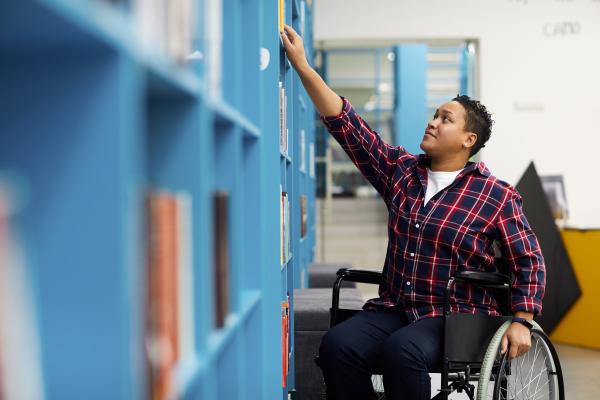Query 88 - Disability Inclusion in the work of International Financial Institutions
This paper compares disability inclusion policies of a selected number of International Finance Institutions (IFIs). It covers the strategic focus of IFIs on disability inclusion, considers how this relates to the FCDO’s Disability Inclusion and Rights Strategy, and provides recommendations for fostering greater disability inclusion across the work of IFIs.



